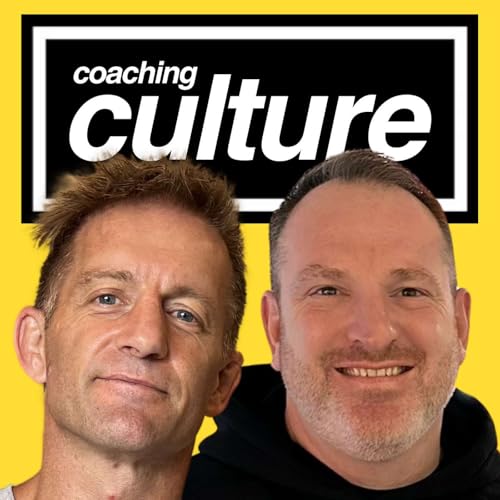What do you do when the scoreboard won’t budge? We sit down with Cambridge head coach Craig Newby for an unfiltered look at leadership, culture, and performance in the middle of a 14-game winless run—and why this stretch might be the most rewarding of his career. Craig breaks down the simple, sturdy framework that keeps his team aligned: “Fit, Tight, Fight” as non-negotiable standards, and three big rocks—set piece, transition, and collisions—that shape every meeting, practice plan, and review. Instead of chasing every problem, he shows how focusing on controllable performance goals, GPS-informed training, and clear weekly rhythms builds confidence and intensity that survive results.
We talk about accountability without blame, and why silent pointing poisons a locker room. Craig shares how leader behavior sets the room’s temperature, why “no-rugby Sundays” protect mindset, and how rare, deliberate emotion lands better than constant fire. He explains how stacking “next job” layers into drills hardwires recovery after mistakes, and how a young leadership group can carry aligned messages onto the field without overtalking. The conversation moves from tactics to humanity—celebrating academy debuts and milestones, growing community support, and finding resilience when sport doesn’t give what you deserve.
At the heart of it all is authenticity. Craig owns a direct, transparent style that some might challenge, but it’s the anchor for trust and buy-in when losses mount. If you want a practical playbook for culture, leadership, and measurable improvement under pressure, this is it—clear, specific, and battle-tested. If this conversation gave you something useful, follow the show, share it with a coach who needs a lift, and leave a quick review to help others find it. What’s your one non-negotiable standard this season?
Send a text
For all your sports equipment and some of the most innovative rugby products going around, head to silverfernsports.com.
If you want to chat directly or explore options for your school or club, flick an email to ben@coachingculture.com.au
.
Great gear. Built for coaches.
Support the show
Support those that support the show
For the very best rugby gear shop here: silverfernsports.com
 1 時間 8 分
1 時間 8 分 56 分
56 分 1 時間 9 分
1 時間 9 分 11 分
11 分 1 時間 1 分
1 時間 1 分 2026/02/1114 分
2026/02/1114 分 1 時間 18 分
1 時間 18 分 13 分
13 分
